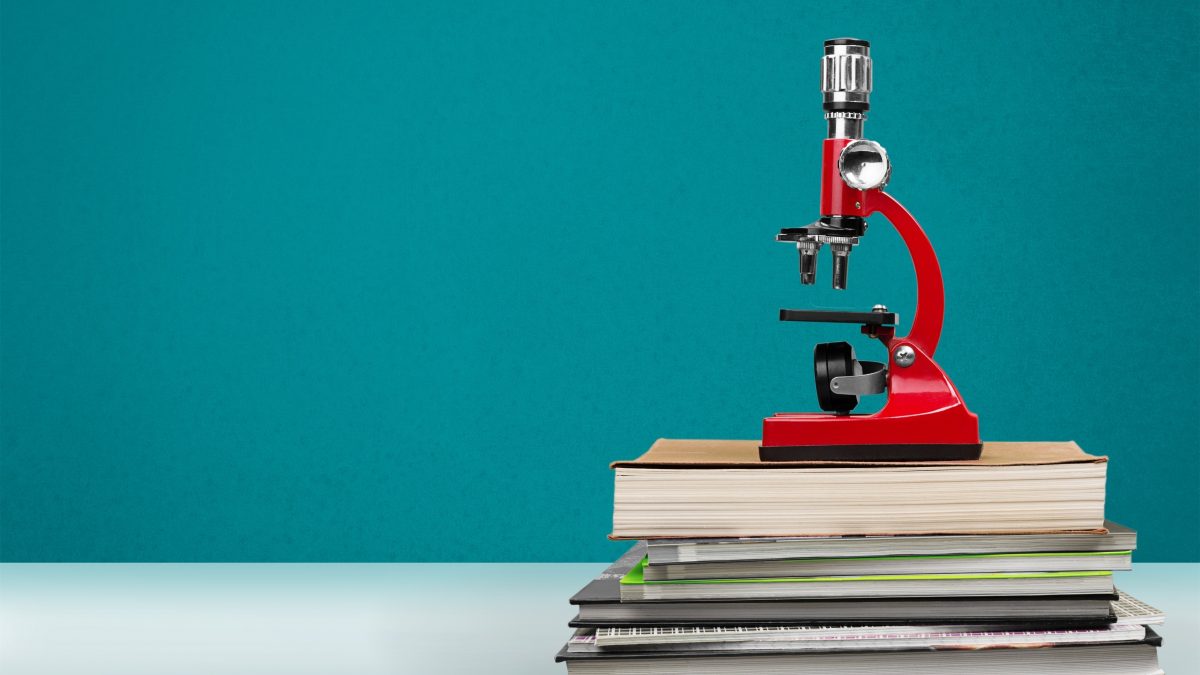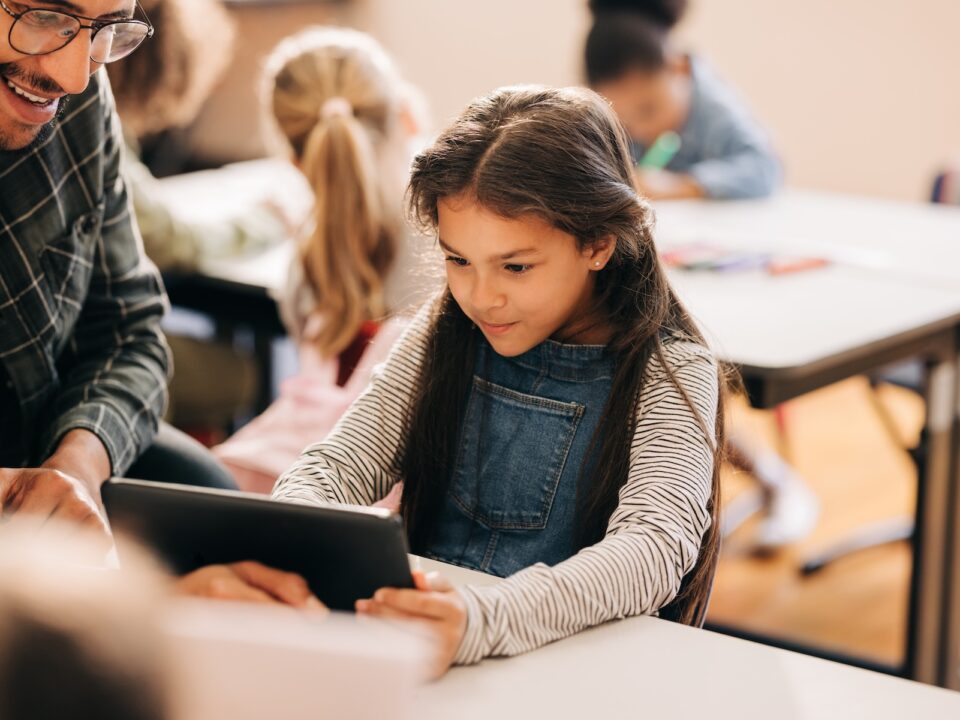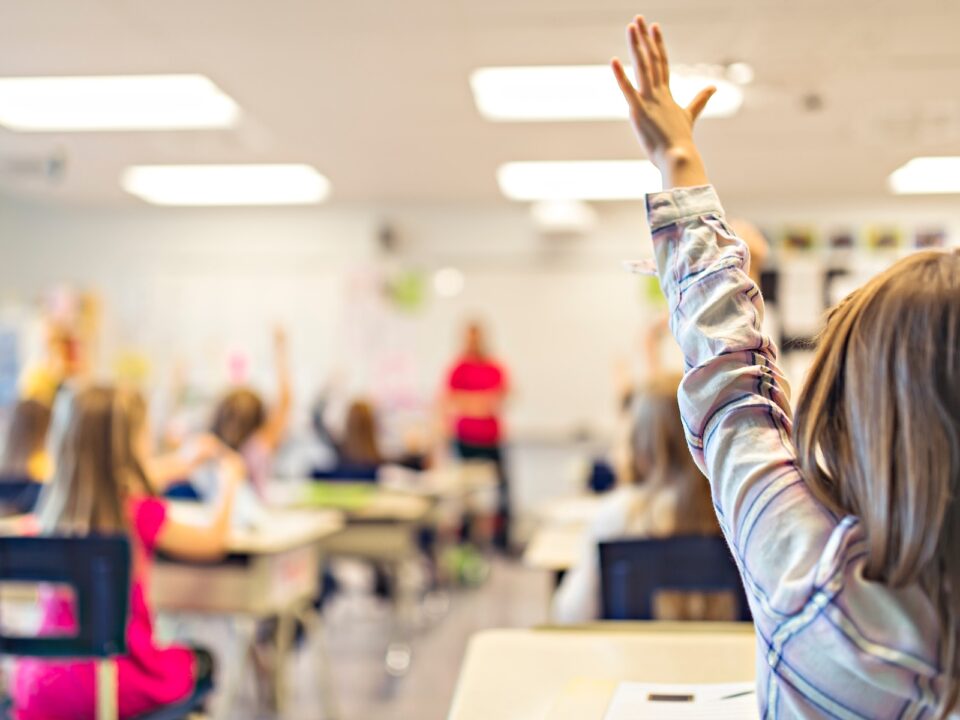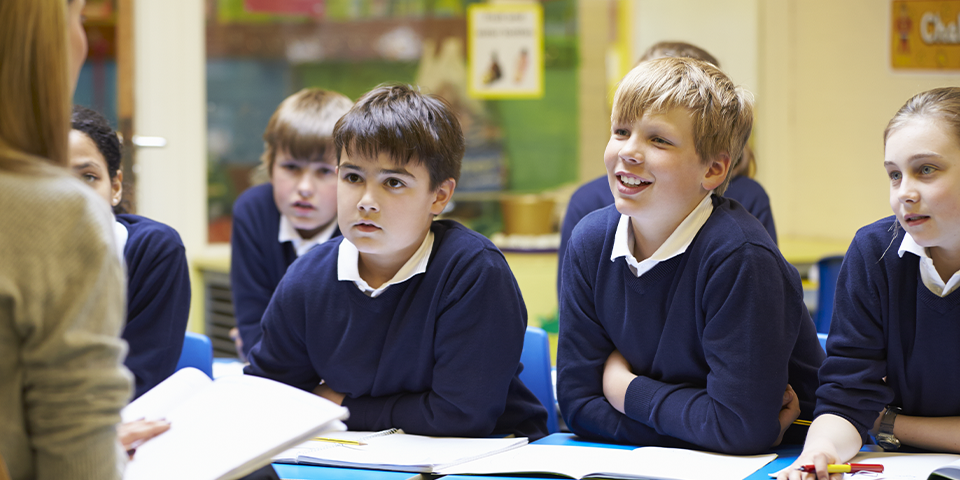- Sales & Support
- +61 2 4225 9698
- [email protected]

Data Tells a Story: Using Renaissance Data to Discover Student Stories
August 11, 2020
Strategies for Guiding Effective Literacy Teaching – Part 1
September 10, 2020Science in the Classroom

By: Jovana Cupac
The science classroom is a powerful place where students can develop critical thinking skills and explore how the world operates. Students may have a preconceived notion of science simply being a collection of isolated and static facts in a textbook, but it is so much more than that! Science has so many different ideas, theories, concepts, and fields that there is no shortage of fun, creative learning experiences for students.
What is Science?
‘Science consists of observing the world by watching, listening, observing and recording’ (Space Place 2020). ‘Science is curiosity in thoughtful action, about the world and how it behaves’ (Science Place 2020). With an overwhelming amount of information, understanding science should be a priority in your students’ everyday education, whether it be in or outside the classroom.
Literacy in Science
Literacy in Science and scientific literacy are two different concepts that interconnect with one another. Literacy in science relates to practices and strategies used to understand, synthesis and communicate science knowledge while scientific literacy involves the understanding of an individual’s scientific concepts, phenomena, and processes. Improving a student’s literacy in science will help their understanding and scientific inquiry skills, which then support their understanding in scientific literacy.
Scientific language can be quite confusing to students when they are first presented with it, for example, the term ‘culture’, in scientific language refers to the process of growing living material, rather than the customs and social behaviours of individuals or groups. Encouraging students to read more non-fiction, science based books will help them understand and discuss scientific facts. This promotes students understanding and the correct use of scientific terms, as well as develop knowledge of scientific content.
How do we get students more involved in science?
- Plan Experiments
- Experiments develop scientific thinking in students. Rather than made to memorise textbook content, experiments promote discovery and learning to help students understand the world around them
- Suggest engaging science books
- Reading enhances subject area competencies. When students encounter science texts this will boost their vocabulary and science knowledge.
- Discussion and group activities
- Interest in scientific understanding and findings create a curiosity for students to explore, ask questions and deliberate. Creating group activities for students to discuss their findings in a reading or experiment they had done makes students more prone to communicate and debate scientific findings.
AR Science Book Recommendations:
- Blood, Bones and Body Bits
Arnold, Nick
Non-fiction
BL: 6.1 - The Body Owner’s Handbook
Arnold, Nick
Non-fiction
BL: 6.5 - Ancient Orbiters: A guide to the Planets
Whiting, Sue
Non-fiction
BL: 4.4 - Solids & Liquids
Riley, Peter
Non-fiction
BL: 6.3 - Experiment with Light
Murphy, Bryan
Non-fiction
BL: 4.6



